Titan Industries Review
need to know
What is it? A corporate city builder takes to one of Saturn’s many moons.
Expect to pay: £23/$30
release date: come out now
Developer: cheer up game
Publisher: cheer up game
commented on: RTX 3080 Ti, Intel i7-8086K, 16GB RAM
multiplayer game? No
Association: Official Website(opens in a new tab)
I regret naming my Industries of Titan company PC Gamer Dot Com after 100 citizens of my colony died from toxic fumes and massive fires. This is not good for the brand. But a loss like this would be seen as a catastrophe anywhere else, more like misplacing a box of staples on that poor moon of Saturn.
In the corporate world of the far future, no one seems to be bothered by death. People are replaced so quickly that it inspires a brutal pragmatism that considers all other issues secondary to getting a seat on a corporate committee. It’s all about getting to the point where you can play space golf all day without paying taxes.
(Image credit: Brace Yourself Games)
This lofty dream begins with a one-story headquarters. Unlocking additional buildings will require a lot of cash and resources that you don’t currently have, but don’t worry – you can build everything you need to start your economy inside your HQ. A device that can provide energy, fuel, housing, storage, and income using resources collected from the surrounding area.
Send your crews to scour the ruins of failed titan colonies and you’ll get the necessary minerals and isotopes, but you can also harvest resource fields and eventually drop mines. These ruins are everywhere, so you’re actually building your shiny, neon city of tomorrow in a giant graveyard, looting the remains of these massive structures to build new ones. It’s a constant reminder of the cost of failure, while also lending the game a unique post-apocalyptic aesthetic.
star citizen
Ruins contain relics and resources, but you can’t harvest both from a single building. Artifacts are used to advance random tech trees—mainly containing very handy bonuses, such as significantly reducing the energy requirements of certain buildings—and to brainwash citizens into becoming employees. Citizens just glumly watch ads that make you money (until you unlock the office), while employees do everything else. Your exploration of ruins is limited by the amount of influence you spend to unlock new plots–this currency is also necessary to attract immigrants to your company. So something as simple as choosing to exploit a ruin can affect an entire web of decision-making, creating friction and new opportunities.
(Image credit: Brace Yourself Games)
As you accumulate more resources and credits, you can start building factories, giving you more places to build interiors. Since space is at a premium both inside and out, you’ll spend a lot of time at first trying to get the most out of the space you’re starting with. Thankfully, you can also build, adding new floors to your building, or you can join two adjacent floors together for a small but welcoming floor space. There is always a feeling that even if you face many obstacles, you have many ways to get around them.
Since these devices come in all shapes and sizes, the interiors are a bit fiddly, but the city builder novelty of letting you actually get inside buildings and mingle with them is a joy. Sadly, you’ll immediately see everything you can do with them. Once you’ve saved some blueprints, you may never venture into them again, even on future missions. It feels like the game’s greatest appeal is an afterthought.
While the interior has largely become completely irrelevant, the factory itself still matters. This is true even after you’ve unlocked more buildings, many of which are essentially powerful versions of equipment. You see, that power comes at a price, both the upfront cost of credit and resources, and the ongoing drain on your economy and workforce.
(Image credit: Brace Yourself Games)
A factory full of fuel generators can be completely unattended without detracting from the liveability of the surroundings, but freestanding fuel turbines need to be manned, and no one likes living nearby. Which one is best depends on many moving factors, which I like having to consider every time I need to scale my infrastructure, but it’s really more of an internal motivation. While efficiency is often encouraged, it’s not essential and you can finish every task halfway.
exquisite taste
There is one type of internal equipment that unlockable buildings cannot replace: the processor and its attached modules. This is where your hard-working, brainwashed employees will upgrade resources. Higher-level resources give you more building units, and the things you build with them are more powerful. It’s a flimsy system that feels like the basis for a larger Anno-style production network that sadly never came to be. As you expand outward, the need for more isotopes and minerals increases, but the system is never any deeper than what you saw in the first half hour.
Industries of Titan does start to lose its edge pretty quickly, before transitioning into a more familiar kind of city builder. It’s surprising how little you find after completing a task. Regardless, some systems are still attractive.
Contamination is a particularly interesting and potentially deadly obstacle. Death isn’t a major problem as people are easily replaced, but if they start hearing about the polluted hellscape you’ve created then they’ll have fewer settlers available. “Come to Titan and we’ll give you cancer” isn’t a very catchy slogan. You can use air cleaners and large fans to help with this, but these structures also affect the xethane gas that is essential to keep powered buildings and equipment functioning properly. While Industries of Titan isn’t particularly demanding, it’s a tricky balancing act that requires a lot of planning and the ability to adapt quickly when reconfiguring infrastructure to avoid deficits.
(Image credit: Brace Yourself Games)
You can also design ships and repel rebel invasions, but that’s a system I could do without. It’s nice to see someone trying to stop the Corporation from destroying another world, with little success in the end. Shipbuilding was expensive and laborious, not justified by their lack of practicality. You can’t even select multiple ships, instead you need to place an order for them one by one. But then again, that’s less of an issue when combat is simply clicking on enemies.
I mostly rely on ground turrets to protect all my wealth and to a lesser extent my staff. You’ll still need ships if you want to take out rebel camps, but taking out rebels isn’t mandatory. Defeating them is a breeze, but once you do, there’s absolutely no reason to keep the ship. It just doesn’t feel very well thought out.
scuttling ship
It annoys me that a lot of effort must have gone into designing this layer. There are lots of different hulls, dedicated shipyards, and even a loose progression system that unlocks more ship equipment in the tech tree. All the design work and testing could have been better spent fleshing out the interior of the building and the production chain. You know, the actual city builder bit. It’s unbelievable that Brace Yourself Games removed some really interesting stuff from their roadmap.
(Image credit: Brace Yourself Games)
There’s a Zen mode of taking out rebels, but at its core, Titan Industries is the campaign. very poor. To get a seat on the council, you have to take over some corporate divisions, and this can only be achieved by conquering some other divisions. You’re looking at about five missions to get to the finish line. That doesn’t sound like a lot, but man, it’s been a tough one. Whether you’re on an arid map constantly bombarded by sandstorms, or a frigid map dotted with rebel bases, the experience is largely the same.
What’s unusual about Industries of Titan is that getting a seat on the council has nothing to do with successfully running a business. Instead, you have to complete a bunch of arbitrary and sometimes downright stupid goals to earn stars and rank. Bronze ranks allow you to complete quests, but higher ranks reward you with more boons that can be used as rewards for the next quest.
It’s hard to express how much I loathe these goals, and how completely they disrupt the pace of the game. Every mission I played was artificially extended for a long time after I’d already designed an efficient, sustainable colony and crushed the rebels. “Oh, you’re making big money, and all your employees love you? Too bad you need to build 17 more hospitals.” Since these goals are predetermined, they rarely encourage you to address issues relevant to your situation. any problem. Even if you’re looking for the highest level, you can skip a few objectives, but you still have to spend your time fulfilling a lot of completely ridiculous requirements.
(Image credit: Brace Yourself Games)
For my last quest, I ended up building 14 influence-generating obelisks, despite the fact that I was almost always at the influence cap. Of course, those obelisks require energy, so I had to expand my infrastructure to build a bunch of useless buildings that I would never use since I was about to finish the campaign. I joined the council because I jumped through some stupid hoops and it kind of ruined my win. It felt like a hazing ritual – a bunch of rich idiots mocking the Obelisk guy.
Industries of Titan may be over, but most of my time is spent contently tinkering with my city’s infrastructure and solving logistical headaches. It can be very satisfying when you get in the shape of squatting while toning and extending. But it lost its way by failing to develop its first convincing idea and instead fueling a bleak struggle and exhausting goals. In the end, I tendered my resignation with a sigh of relief.
Discover more articles in our categories Gaming & News et Anime.
Thanks for visiting we hope our article Titan Industries Review
, we invite you to share the article on Facebook, pinterest and whatsapp with the hashtags ☑️ #Titan #Industries #Review ☑️!

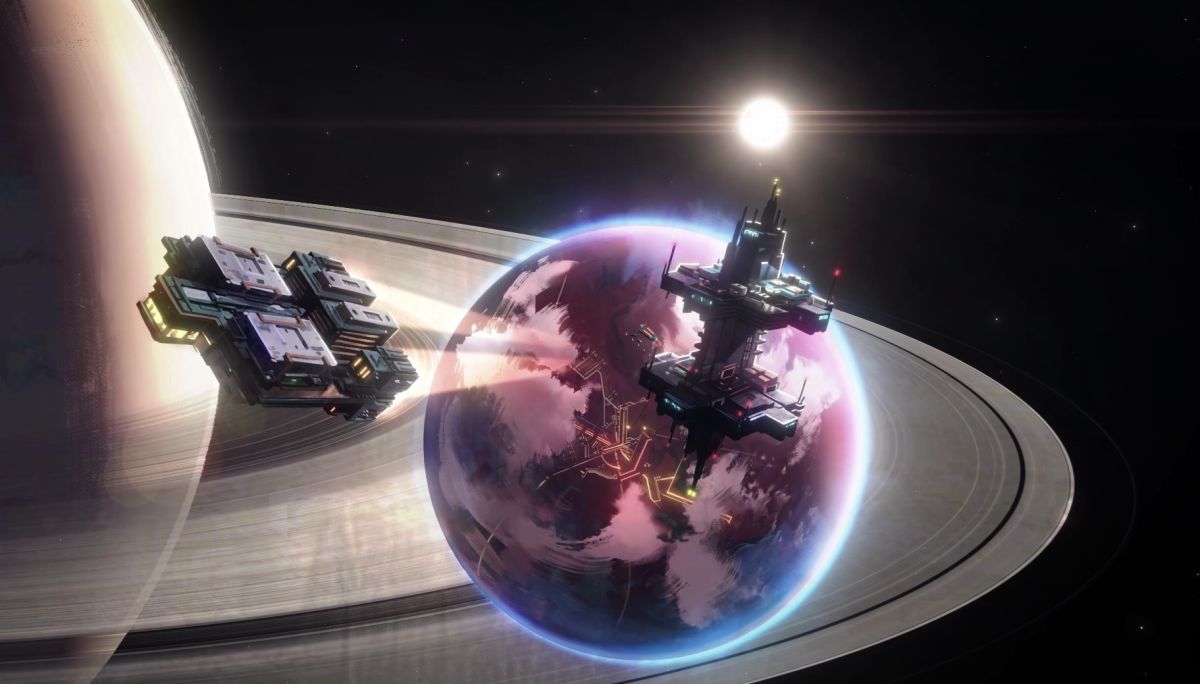

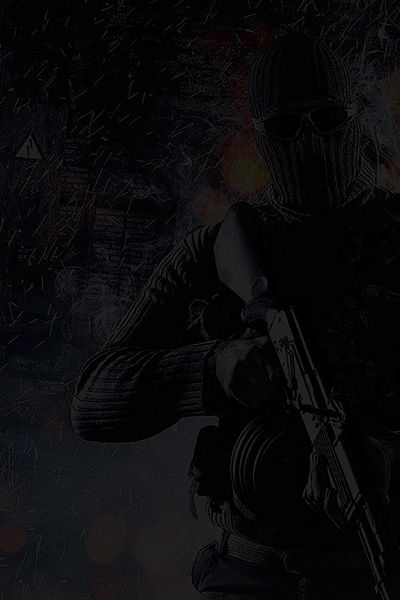



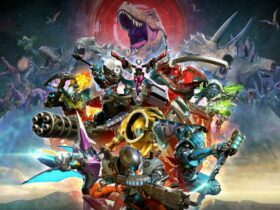

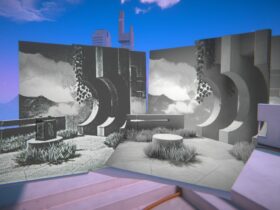
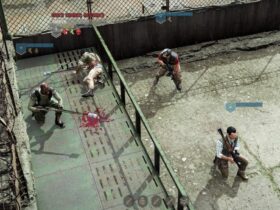

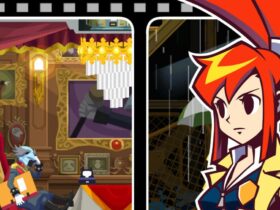

Leave a Review